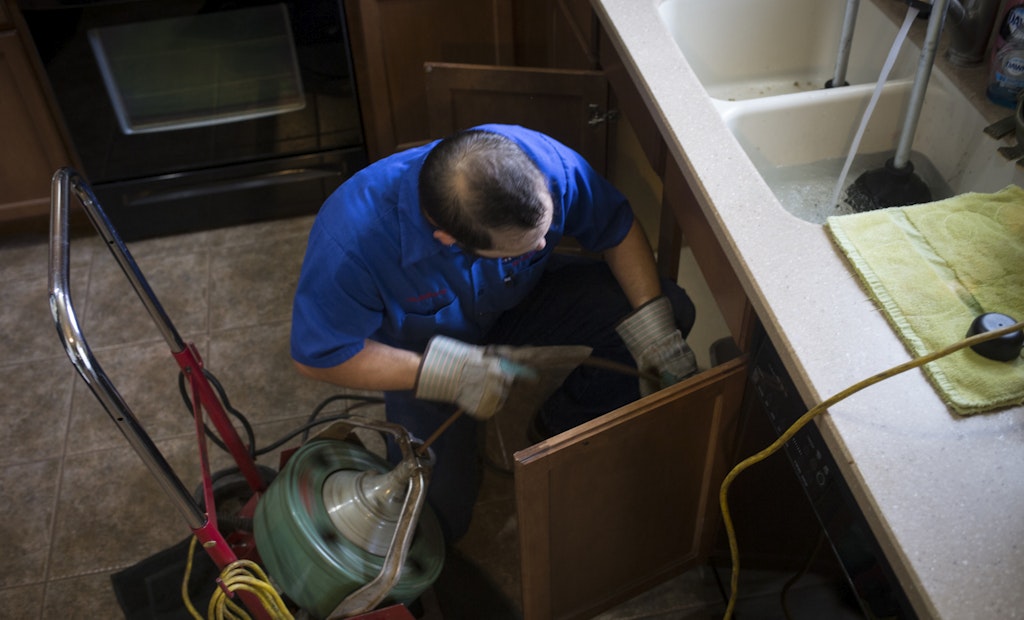Interested in Cleaning?
Get Cleaning articles, news and videos right in your inbox! Sign up now.
Cleaning + Get AlertsDoes this sound familiar? It’s the beginning of the workday, and you already feel behind schedule. Or maybe it’s the end of a long shift, and you just want to get home. But it is also what typically leads to tool maintenance getting overlooked.
Tool maintenance is critical to the safe use and longevity of your equipment. Along with minimizing tool wear and tear, proper maintenance can enhance efficiency and make tools easier to control and use. For example, with proper maintenance, sharp cutting tools take less effort to cut, are less likely to bind and will cut more quickly.
To help you keep your tools in prime shape, here are answers to some frequently asked tool maintenance questions:
What are some general tips for keeping tools working longer?
Before using a tool for the first time, read the manual. Then, periodically during the life of the tool, reference the manual for best use practices. Understanding how a tool is supposed to work and what to look for when it isn’t functioning properly can go a long way in enhancing its longevity. You’ll also want to wipe down tools after each use and regularly lubricate any moving parts indicated by the manual.
How often should tools be checked for needed maintenance?
You should always follow the instructions in each tool’s manual for maintenance. However, a good rule of thumb is to inspect and maintain your tool before each use. Additionally, look for chips or dings and other wear and tear that could interfere with operation during use. Pay attention to any changes in operation that could be fixed with some routine maintenance.
What maintenance is overlooked within some specific categories of plumbing tools?
Jetters: Take time to clean the jetter tips. Remove the tips and flush the jetter hose of any debris or particles. At RIDGID, we find that many repair returns can be attributed to this issue alone. Also, when storing machines for the winter, ensure water is removed from the entire system. RV anti-freeze can be used to protect the system.
Drum Machines: Ensure that the autofeed is functioning properly. The feed handle and feed rollers should move freely and not bind.
Sectional Machines: The clutch handle should move freely and should stop cable rotation when released.
Cables: Maintain lubrication on cable couplings so that drain cleaning tools are not lost down the pipe.
Hand Tools: Keep tools clean and free of any grit and keep cutter wheels, pins and rolls lubricated.
How do you decide if maintenance can be handled on your own or if a tool should be sent in for repairs?
Cleaning and lubricating tools can always be done by the user and often replacing worn parts like cutters, dies, etc. can be handled by users as well. The product manual should provide instructions for basic types of tool service. Depending on how comfortable the user is with the necessary steps, they can decide whether to handle the repair themselves or take it to an authorized repair center.
For machines, any electrical issues (ground fault interrupter failure, for example) should be sent into an authorized repair center. Anything else not addressed by the product manual should also be done by an authorized independent service center for the tool. This maintains the integrity of the product.
The secret to long tool life in short is: Keep your tools clean, lubed and for drain cleaning machines free of standing water. Follow the manual and keep an eye out for any irregularities. When in doubt, visit an authorized service center.
About the Author
Doug Corlett is manager of the RIDGID Factory Service Center. RIDGID is a global manufacturer of more than 300 dependable and innovative tools, trusted by professional trades in over 100 countries. Learn more at RIDGID.com.






